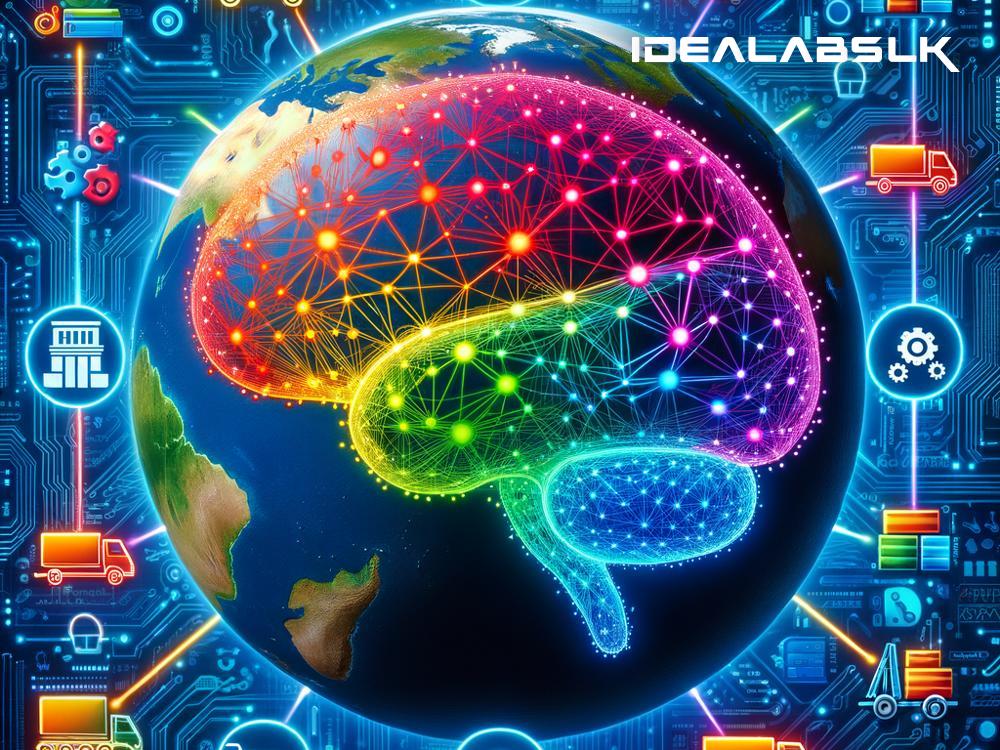The Role of AI in Optimizing E-commerce Supply Chains
In the bustling world of e-commerce, where a click at midnight can deliver a package to your doorstep by noon the next day, a silent revolution is taking place behind the scenes. This revolution is powered by Artificial Intelligence (AI), and it's transforming how e-commerce companies manage their supply chains. But how exactly is AI making such a substantial impact? Let’s dive into the world of e-commerce and explore the role of AI in optimizing supply chains.
Understanding the Supply Chain in E-commerce
First off, what is a supply chain? Think of it as a complex relay race where the baton (in this case, goods) passes through multiple hands from manufacturers to your doorstep. This race involves several stages: manufacturing, warehousing, distribution, and delivery. Each stage needs to happen smoothly and timely for the magic of "same-day delivery" to work. Any hiccups, and the baton drops, leading to delays, dissatisfaction, and sometimes, lost sales.
The AI Difference
Enter Artificial Intelligence, the game-changer in how this relay race is managed. AI, with its ability to learn and make decisions, is like the super coach optimizing every part of the race. Here’s how it contributes:
1. Forecasting Demand with Precision
AI algorithms can analyze trends, browsing behaviors, and past purchases to predict what products will be in demand. This means businesses can stock just the right amount of products, reducing the overstocking or stockouts. It’s akin to predicting which runner will perform best in certain weather conditions and adjusting the race strategy accordingly.
2. Optimizing Inventory Management
With AI, e-commerce companies can ensure their inventory is in the right place at the right time. AI systems can analyze sales data, traffic, and even social media trends to recommend where to stock products. This reduces shipping times and costs, ensuring a faster delivery to the customer. Picture a coach knowing exactly where each runner’s strengths will shine on the race track.
3. Smarter Warehousing Solutions
AI-driven robots in warehouses can sort, pack, and ship products with incredible efficiency, reducing errors and speeding up the process. These robots can work round-the-clock, ensuring orders are dispatched promptly. This automation is like having tireless, super-efficient runners in the relay, ensuring no time is lost in transitions.
4. Dynamic Routing for Faster Delivery
AI helps in dynamically planning the delivery routes for orders. By analyzing traffic patterns, weather conditions, and delivery locations in real-time, AI algorithms can suggest the fastest routes for delivery drivers. It's as if the coach can foresee every hurdle on the track and guide the runner in real-time to avoid them.
5. Enhanced Customer Service
AI chatbots and virtual assistants provide customers with instant answers to their queries, tracking information, and support. This immediate communication keeps customers informed and happy, enhancing their shopping experience. Imagine a coach who can instantly update you on your favorite runner's status in the race.
The Challenges Ahead
While AI holds the potential to revolutionize e-commerce supply chains, there are hurdles. Implementing AI requires substantial investment, technical expertise, and access to quality data. Additionally, there's the challenge of ensuring these AI systems are secure and respect customers' privacy. Companies venturing into AI for their supply chains need to navigate these challenges carefully.
The Future Looks Bright
As AI technologies continue to evolve and become more accessible, their adoption in e-commerce supply chains will likely increase, making operations even more efficient and customer-friendly. We're standing at the threshold of a future where AI not only optimizes supply chains but also personalizes the shopping experience to levels we've yet to imagine.
Conclusion
The ongoing integration of AI into e-commerce supply chains is revolutionizing how products are moved from manufacturers to consumers. By forecasting demand, optimizing inventory, enhancing warehousing operations, improving delivery routes, and providing better customer service, AI is setting the stage for more efficient, responsive, and personalized e-commerce experiences. As businesses and technology evolve, the role of AI in e-commerce is set to grow, promising an exciting future for retailers and consumers alike.

